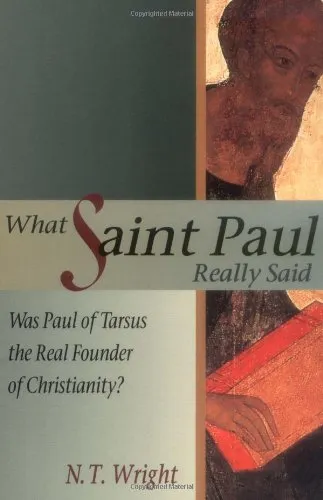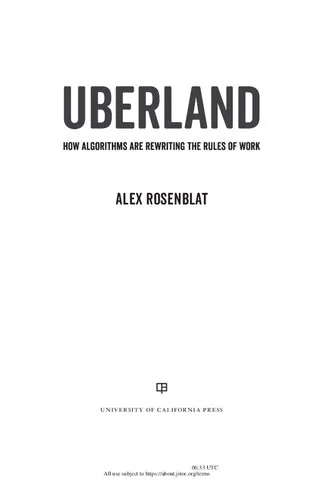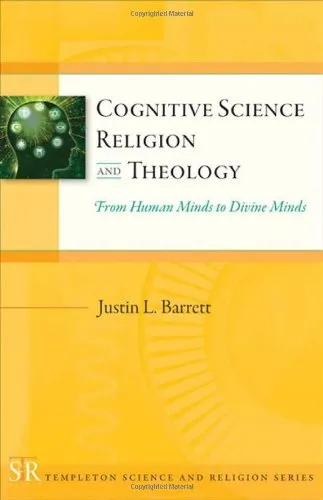What Saint Paul Really Said: Was Paul of Tarsus the Real Founder of Christianity?
4.6
Reviews from our users

You Can Ask your questions from this book's AI after Login
Each download or ask from book AI costs 2 points. To earn more free points, please visit the Points Guide Page and complete some valuable actions.Related Refrences:
Introduction
Welcome to a scholarly exploration of one of the most influential figures in early Christianity, Paul of Tarsus. "What Saint Paul Really Said: Was Paul of Tarsus the Real Founder of Christianity" offers an intriguing examination of Paul's role in the development of Christian theology and the establishment of the church as we know it. This book invites readers to delve into historical contexts, theological insights, and the debates that have shaped the understanding of Paul's contributions to Christianity.
Detailed Summary of the Book
N.T. Wright, a distinguished New Testament scholar, presents a comprehensive study of the Apostle Paul in this compelling work. "What Saint Paul Really Said" seeks to address the persistent question of whether Paul significantly altered the teachings of Jesus to establish a new religion. Wright takes readers through a systematic analysis of Paul's epistles and other historical documents, shedding light on how Paul understood his mission and message.
The book challenges the commonly held perception of Paul as an innovator who diverged from Jesus' original teachings. Instead, Wright argues that Paul was a faithful interpreter and a pivotal figure in communicating the message of Jesus to both Jewish and Gentile audiences. By situating Paul within the Jewish thought and Roman world of the first century, Wright provides a richer understanding of how Paul addressed the critical issues of his time.
Key Takeaways
- Paul's teachings were deeply rooted in Jewish tradition and should be understood within that context.
- Paul was not the "founder" of Christianity but rather its most influential early theologian and communicator.
- Understanding Paul's epistles and thoughts is crucial for interpreting the New Testament and Christian doctrine.
- The relationship between Jesus' teachings and Paul's message is one of continuity rather than divergence.
Famous Quotes from the Book
"Paul saw himself as part of a new movement that remained deeply tied to its Jewish roots, but was now also reaching out to the wider world."
"To read Paul properly, we must understand the world in which he lived and the message he proclaimed as a continuation of Jesus' own mission and message."
Why This Book Matters
"What Saint Paul Really Said" is of great significance to scholars, theologians, and anyone interested in understanding the essence of early Christianity. The book dismantles several long-standing misconceptions about Paul and provides readers with a robust framework for interpreting his works. Wright's work is particularly important for those who question the authenticity and consistency of Christian teachings as they have evolved over centuries.
By challenging both academic and popular views that unfairly attribute the founding of Christianity to Paul, N.T. Wright repositions Paul as a crucial yet misunderstood figure who helped to spread the message of Jesus while remaining faithful to His core teachings. This nuanced portrayal makes the book an invaluable resource for gaining deeper insights into the relationship between history and theology within the Christian tradition.
Free Direct Download
You Can Download this book after Login
Accessing books through legal platforms and public libraries not only supports the rights of authors and publishers but also contributes to the sustainability of reading culture. Before downloading, please take a moment to consider these options.
Find this book on other platforms:
WorldCat helps you find books in libraries worldwide.
See ratings, reviews, and discussions on Goodreads.
Find and buy rare or used books on AbeBooks.
1569
بازدید4.6
امتیاز0
نظر98%
رضایتReviews:
4.6
Based on 0 users review
Questions & Answers
Ask questions about this book or help others by answering
No questions yet. Be the first to ask!













